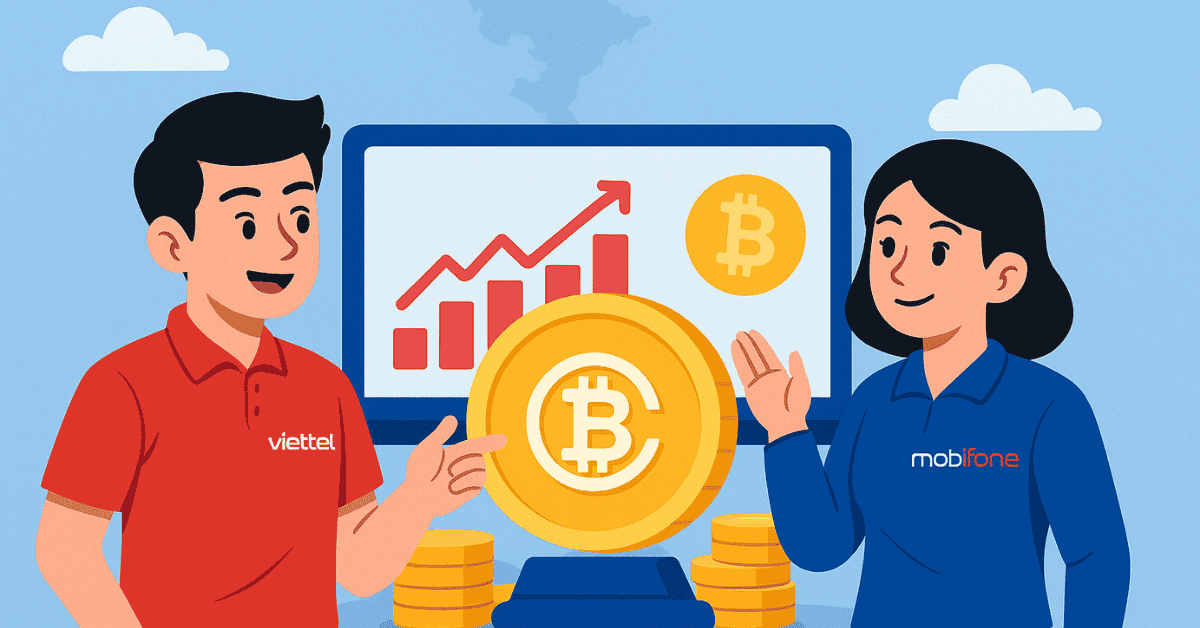
Viettel And MobiFone To Research CBDC In Vietnam
Viettel and MobiFone officially enter CBDC research
At the “Cross-Border Payments” seminar, Đỗ Mạnh Dũng – Deputy General Director of Viettel Digital confirmed that the State Bank of Vietnam (SBV) has officially assigned Viettel to research and pilot the Central Bank Digital Currency (CBDC). This marks a significant milestone as major telecom giants, Viettel and MobiFone, step into the digital finance landscape in Vietnam.
CBDC research: A strategic move for Vietnam
Currently, the project is in its preliminary research stage – focusing on assessing social, technological, and policy impacts as well as the potential application of CBDC in the future. Viettel Digital is exploring offline payment solutions without internet access, aiming to integrate CBDC into the Viettel Money ecosystem. At the same time, MobiFone has also been appointed to join the research, creating a strong “dual power” in Vietnam’s financial digitization journey.
Experts believe that if the trials prove successful, Vietnam could soon move into the pilot phase and gradually roll out CBDC alongside the existing digital payment systems.
Global trend and CBDC controversies
Worldwide, as of October 2023, 134 countries and territories have been exploring or piloting CBDCs. Many governments see CBDC as a way to control cash flow, fight financial crimes, and cut cross-border payment costs.
However, CBDC also faces strong criticism, particularly in the United States. President Donald Trump and several Republican lawmakers oppose the idea, fearing that CBDC could become a “financial surveillance tool”. The Anti-CBDC Surveillance State Act (HR 1919), introduced in 2023, aimed to block such risks, making CBDC one of the most debated issues in global financial policy.
Vietnam’s opportunity to accelerate with CBDC
By assigning Viettel and MobiFone to lead the research, Vietnam demonstrates its determination not to be left behind in the global digital finance race. If successful, CBDC could enhance international competitiveness, enable faster and safer cross-border payments, and drive the country’s digital transformation strategy toward a modern digital economy.
Disclaimer: The content above reflects the author’s personal views and does not represent any official position of Cobic News. The information provided is for informational purposes only and should not be considered as investment advice from Cobic News.